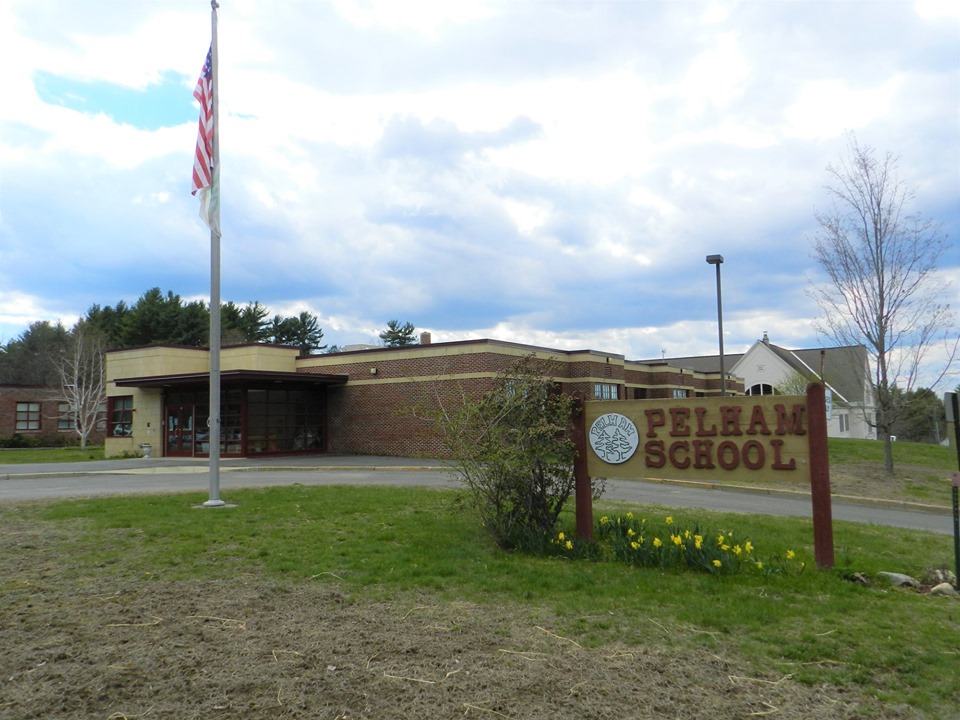REGIONAL SCHOOL DISTRICT PLANNING BOARD MAY REJECT REGIONALIZATION

by Toni Cunningham
At their meeting on May 3, the Regional School District Planning Board (RSDPB) discussed recommending against regionalization of Amherst and Pelham PreK-6 school districts, but put off a formal vote until their next meeting, on May 10. Regionalization means, in this case, that the Pelham elementary school would become legally and financially part of the Amherst elementary school district, with Pelham staff joining the Amherst school district. Which school, or schools, students would attend, and how much Pelham would contribute to Amherst to cover the costs involved have been key subjects of discussion.
For the past 17 months, the six-member board made up of representatives from the two towns has been looking into issues of governance, finance, and education, with the goal of making a recommendation to the two Towns on whether to move forward with regionalization. Two consultants assisted in the work – Massachusetts Association of Regional Schools consultant Jay Barry and accountant Mark Abrahams of The Abrahams Group.
Some board members expressed uncertainty about voting their personal views versus what they see as politically feasible given the feedback they received from Amherst and Pelham officials at a Two Town meeting on April 13.
Pelham representative Emily Marriott wondered if the financial benefits of regionalization “were worth it or not” and whether they should have looked more closely at the educational benefits. However, she noted “with the feedback from the two towns’ committees, maybe that question is sort of moot”.
Tom Fanning, of Pelham, boiled down the choice to “say no or delay.” “I don’t know that regionalization is going to solve the problems we want to solve,” he said. “After hearing all we’ve heard and learned, I would say no – stop. It is not a solution for Pelham.”
Cara Castensen, also from Pelham, wondered what the board’s role was at this point, if they should be looking at what they really think is best or decide based on the political reality.
The Amherst representatives, Marylou Theilman, Joan Temkin, and Peter Demling were similarly resigned to recommending the Towns not regionalize.
Regarding the financial aspects of merging the two school districts, Theilman said “It’s complicated to get any benefit for both towns.” In terms of curriculum, she noted “I don’t see that changing.” And with respect to governance and the disparity in representation on the School Committees, she said “it’s hard to find something Amherst would be happy with.”
Theilman also brought up the four major capital projects that Amherst is currently considering – an elementary school, Fire Station, DPW facility and expanded library – and the concerns expressed by Amherst officials at the Two Towns meeting. “My sense was the vote to pull the plug was not a temporary thing….Those projects are going to be at least 10 years down the road. My sense is we probably would be best to consider their advice, unless something were to radically change.”
Temkin said ”there is no appetite in either community” (for regionalization).” “Personally and intellectually, I think regionalization of these two towns makes sense. In terms of the reality, I don’t think we can sell it, not at this time. The financial benefits are very small when weighed against losing one’s autonomy, control, and school,” she said.
Chair Peter Demling also expressed a dilemma between his own personal opinion and what he felt the board should do. “If I look only at future financial stability for Pelham – this is clearly good,” he said. “But what would Amherst get out of the equation? I don’t see the benefits as being that strong.” Noting the uncertainty of state reimbursement going forward, coupled with the uncertainties facing Amherst with its new form of government and elementary schools building initiative, he recommended “”pulling the plug.”
Once the group votes on May 10, they will work on completing the report to present to the Amherst Town Council and the Pelham Select Board. If they vote against regionalization, which seems extremely likely, the board will be dissolved. If they were to recommend regionalization, the residents of each town would have their say in a town wide vote.
